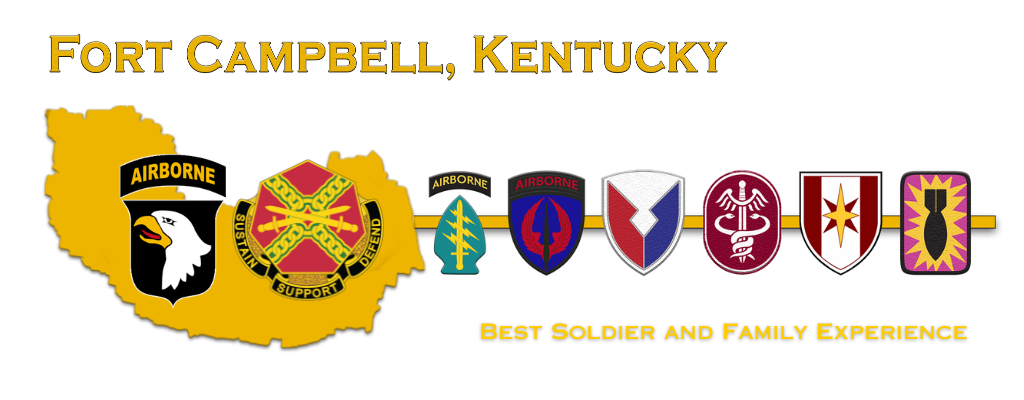Due to a lapse in appropriations, the IMCOM Enterprise Web sites will only be updated with life, health, and safety information until further notice.
Mission
U.S. Army Garrison - Fort Campbell integrates and delivers installation services and base support to enable readiness and global response capabilities of Soldiers and Units assigned to Fort Campbell, and build resilient Soldiers and Families.
Vision
Best Soldier and Family Experience




